By Marek Kaczyński and Marta Ewa Romaneczko
Documentary filmmaker Taylor Rees talks about her work on racism and environmental justice.
Taylor Freesolo Rees is a documentary film director and producer, photojournalist, and avid explorer of stories and landscapes, whose work to date has spanned more than 40 countries and a range of social-environmental issues. The Mountain Film Festival has characterized Rees as “using narrative voice and scientific rigor to bring new perspectives and deeper public understanding to challenging topics such as climate change, energy and water”. Her latest film, From Kurils with Love (2020), delves into the intersection of science communication, climate change, and cyber security in one of the most remote and wild landscapes in the world.
In this interview, carried out on a stormy night in Poland last Fall, we talked with Rees on her last production on North American racism (Ashes to Ashes, 2020) and her new documentary on the social consequences of lithium mining in Chile and Argentina (Sal y Cielo / Salt and Sky, 2020), in conjunction with the Center for Interdisciplinary Environmental Justice (CIEJ), a collective of activists, academics, scientists, and artists working for decolonial environmental justice efforts trans-locally. We covered topics such as racial trauma and social exclusion, postcolonial exploitation, colonial methods in environmental studies, limits to emancipation, and devastating influence of Western lifestyles on peripheral communities. We also discussed her vision of working with marginalized communities and co-producing narratives which seek to empower people, to have genuine and significant influence on final shape of a movie, and to fight for better future, whatever that means to them.
***
Marta Ewa Romaneczko (MER): Racial dispute is a big deal in the US. How does your last movie, Ashes to Ashes (2019), approach it?
Taylor Rees (TR): The film is about two artists who have used art as a means to heal racial trauma in our country. It’s about two of my father’s friends, so a bit of a family affair to have gotten into this in the first place. I have been working on it for many years and finally finished so feeling good and excited to premier it next week in Telluride (Film Festival)!
MER: What kind of racial trauma was that?
TR: The main character was assaulted, hung by a rope and castrated in the 60’s in Georgia, USA by a lynch mob. But he survived and became a very incredible artist. His name is Winfred Rembert. His story is interwoven with an artist, Dr. Shirley Jackson Whitaker, who put on a funeral for those who were lynched in the Jim Crow Era. It’s a film about the humble and real ways we approach healing where the pain is both personal and cultural.
MER: If you’ve been working on this project for that long, it must be very important and kind of personal for you. What is most alluring to you in this story?
TR: It is not a film I set out to tell myself, but was asked to document the funeral when my father offered to help Shirley with that, and things evolved from there. In many ways I was reluctant to be involved as a filmmaker since I am white. But the process has become a very important experience in learning to navigate being a part of these kinds of stories. Bringing in other African American artists, story consultants, writers and shooters at many stages. Asking myself often about how best to honor and create space for what these characters have to say themselves rather than my interpretation.
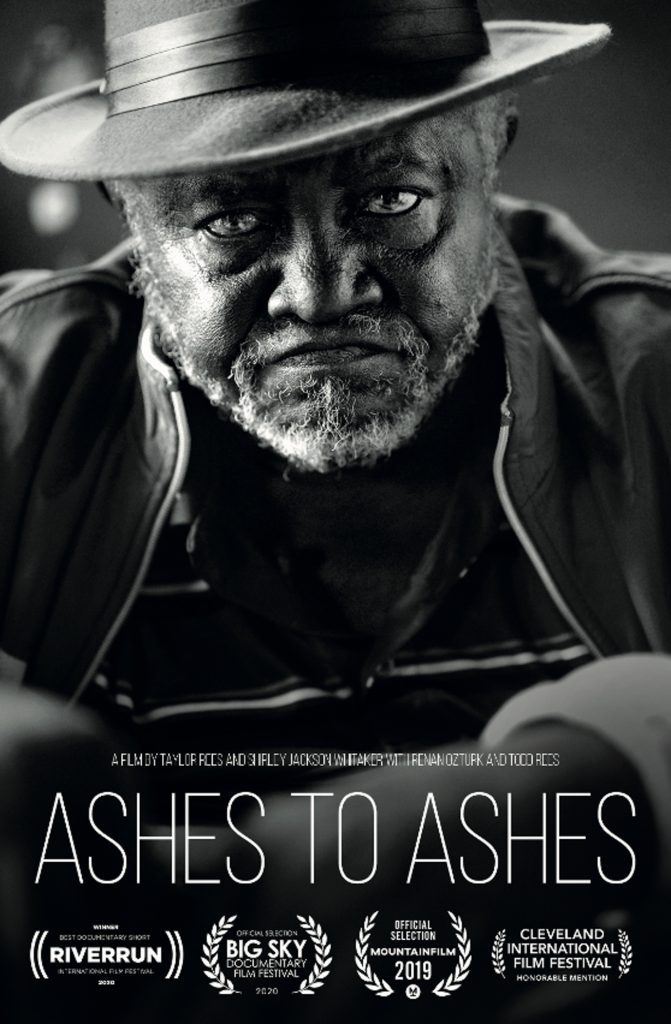
Ashes to Ashes film poster. Source: IMDB.
MER: You said you had been at first reluctant because of your race. Do you believe that racial perspective is important to write about such stories? Is some kind of perceptive transgression possible in such creations? Was it very difficult for you, as a white person, to make a narrative about it?
TR: I believe that historically not all races, sexualities, abilities, or demographics of people have had the platform to be heard and for others to hear their stories directly like they do today. And that is still something we need more of. At the same time I also think we need to keep learning how to better work together at co-creating narratives or co-documenting stories if we are doing it across cultural boundaries. We need to be willing to be uncomfortable and look at all of the pitfalls clearly and carefully and discuss together across differences how we can do this whole process (of art, storytelling, filmmaking, writing) in ways that elevates what people want to say and how they want to have it heard. Yes it was difficult to make this film, but also a huge honor. I didn’t want that difficulty to be a reason not to say “yes” when I was asked to work on this, rather I wanted to treat the project with the upmost humility and respect and learn through the process.
MER: Sometimes it is worth it to give up one’s comfort for a project that might contribute to a vital debate. But Ashes to Ashes is not the only one. Recently you carried out an environmental project in Chile and Argentina, Sal y Cielo (Salt and Sky, 2020). What was the main purpose of this expedition?
TR: I was invited to Chile and Argentina by the communities there who are fighting against the lithium mines, which drain all of the water from the ecosystem to create lithium for electric vehicles, batteries, and other uses. It’s difficult because we are often told that technology (and policy, for that matter,) will be the solution to climate change. In reality, electric cars are not solving the climate crisis in the way we are being told to believe. The carbon emissions within the total manufacturing process negate a lot of the benefits, from a climate change standpoint. Air pollution is separate and yes of course they help air pollution. But that aside, what about these people. In Chile, Argentina and Bolivia. Can we really be OK telling ourselves we are helping the world with green technology when in reality we just make ourselves in the western world more comfortable at the expense of the well being, healthy ecosystems, and life in general for others. This is the history of exploitation since the beginning, yes. But now it’s the same repeated history, the same systems of capitalization and profit that goes into the pockets of a few, but with a very glossy lie of altruism hiding it’s truth. It’s very important right now that we approach sustainability with a harder lens. Sustainable for WHO. All of us? All life? Or are we just trying to “sustain” the status quo and sustain life for those who already have it all. So anyway, I connected with these communities through friends and they asked me to come help tell their story.
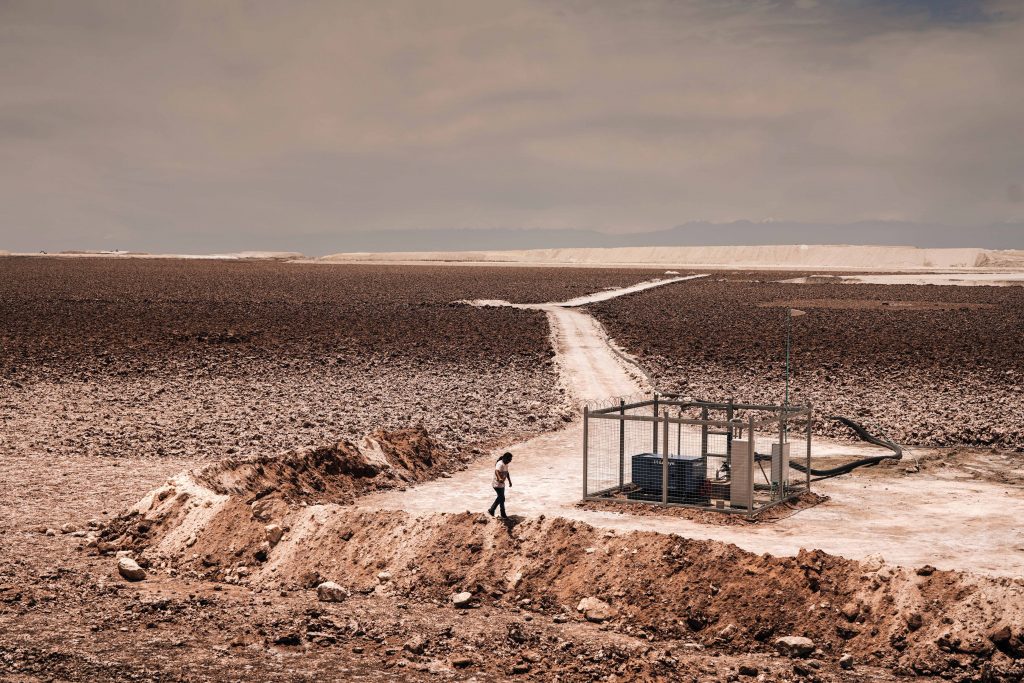
One of the water drilling pads in the desert of the Atacama, near the lithium ponds and processing plant. Photo by Taylor Rees, with Pablo Durana.
MER: Under one of your Insta-pics from Chile I found a hashtag #decolonizing science. Colonial empires have led to economic and political hegemony of western world and although most of colonies gained independence, they are still heavily exploited and seem to face a dead end. Do they stand a chance to fight back? Do you believe science and activists might help them break through this wall?
TR: Decolonial science refers to what some scientists from this group CIEJ (Center for Interdisciplinary Environmental Justice) are doing. Decolonial Feminist Science actually. I’m not the expert on the concept at all but what I do understand, from personal experience in academia, is that traditionally “science” is performed by people (often from universities and funded by the government) go to a place to investigate a question and write a thesis. Publish papers. Have a career as a scientist. But why one question over another? How are the questions about what to study and derive data and truth about created? Who benefits? Especially when it takes place in someone else’s home or territory. Decolonial feminist science starts with friendship. With people. The women I was with were hydrologists and earth scientists that could have gone to a place to “study” earth and collect data, but instead they went to build relationships and ask the people there “If we were to bring scientific tools and methods for ecological monitoring here, what would you want to know? What kind of data would help you? How can we develop a study together in a way where you (as the communities) own the data?” There’s direct action within the science with the purpose of helping each other not just building academic careers. Science is knowledge and knowledge is power. And this co-creates that knowledge in a way that it becomes a power for a community, a tool for them to use in a way they need to.
MER: It’s true that academia is a tool for social oppression, especially when business gives funds for the research. Also, most of contemporary science is indeed based on Western thought, especially when it comes to dealing with political issues. How long have you cooperated with CIEJ? How did you get in touch? Was it them who first got to you?
TR: Yes, yes! I agree. There’s potential within science as a method but we can’t forget primarily it’s an industry. And yes, someone in CIEJ reached out to me on Instagram and I went to San Diego to meet all of them. They are an incredible group of people, I love them like family.
MER: And it proves that social sciences and ecology can perfectly work together.
TR: Ecology itself can be 100% empirical while still having its framework approached in a way that involves, rather than ignores, the communities in which it is performed.
Marek Kaczyński (MK): I learned that during your expeditions you try to offer as much as you can to local communities. But is the reception always positive? Or maybe sometimes you face unfavorable reactions based on convictions like “Oh, rich and nicely equipped American travellers came to us to see our poverty as a tourist attraction and film it for a shocking commercial effect”?
TR: Very good question! Yes for sure, being in Haiti and working with indigenous communities in the United States have been two locations where navigating that reality has been a lot more difficult. And a lot of those reactions of distrust are not wrong! Like, I get it. They have full reason and authority to be wary, or to simply not want anyone around documenting the situation. I think the only time it even works (to create workshops, or even be filming for something I will inevitably benefit from) is if my intention can be met with a willingness and desire to engage from the other side in the first place. If passions and needs are mutual, and the joy of co-creating is there. Anything less is inherently extractive. Like, when we did our first workshop with tribes in Washington/Oregon, there were many meetings ahead of time. Talking through if the communities even wanted to host a photo workshop, first and foremost, was the first step. Some communities did not want to. Those that did we tried to integrate it into EXISTING structures, like host the workshop at the local tribal radio station with ‘Radio Joe’ who was a community activist and educator, and allow him to manage the equipment and to run the workshop in a way that made sense and could be integrated into the programs he was already offering students. If I sense what I am hoping to collaborate on is not wanted I would never force something like that on a community. It has to be mutually wanted and created together. As for poverty tourism, when I was in Haiti photographing for an organization there, everything had to be carefully navigated. I only photographed with people who knew who we were and what we were doing. Once I took a photo on the street and some guy shouted at me and gestured something violent and I had to check myself. Haiti is a place where a lot of journalists came down and made money on images from the earthquake disaster and Haitians KNOW that. So they are rightfully protective. And I don’t want to perpetuate that behavior. So I only shoot photos with those who were involved in the projects that the images were supporting and of people who are fully consenting to that activity.
MER: I remember you carrying out photography workshops in the Apache reservation. How did you come to this idea?
TR: These stemmed from the Gather Film, a documentary project commissioned by First Nations Development Institute which is Native-run. This documentary was being filmed in many different parts of the USA, in indigenous communities, and the director Sanjay Rawal and I were talking about how to better incorporate native storytellers in the process. So we applied for a grant with 11th Hour Foundation to do a photojournalism project in conjunction with the film. We hired native photographers and native writers to come to the locations where the film was being shot to tell stories, to cover different angles, and incorporate diverse and real perspectives. And we used money from that grant to pay all of the native photographers and journalists to lead workshops for youth. It was a really incredible experience to be a part and really made a difference to the film.
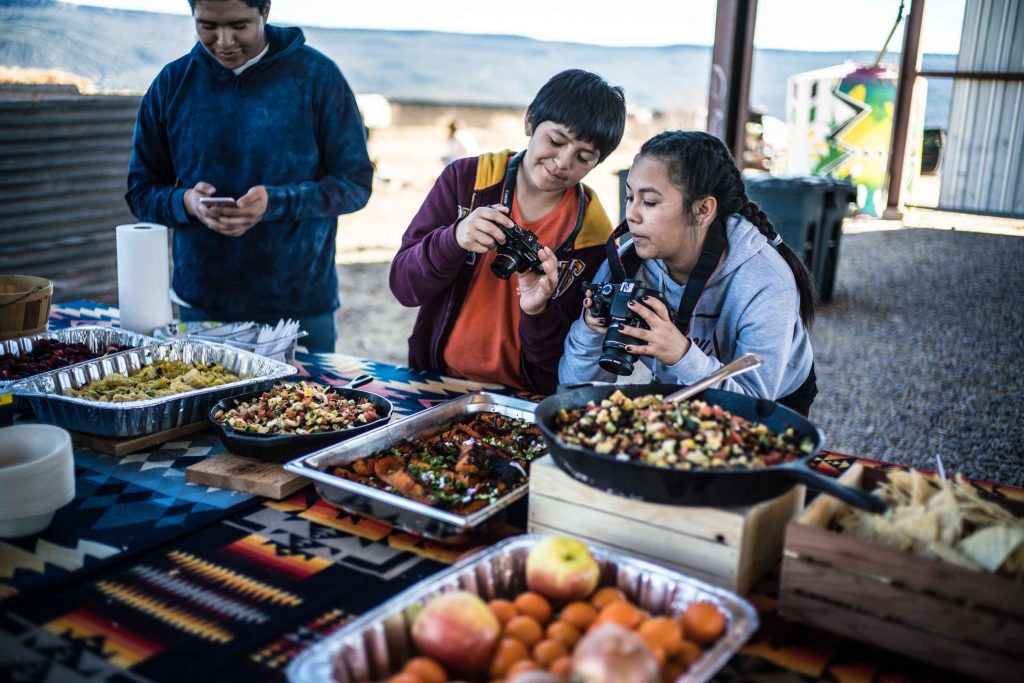
Sammy Gensaw (Yurok) with Danielle Hill (Mashpee Wampanoag), at one of the photography workshops, which taught hands-on camera skills and visual storytelling to Native youth. Photo by Taylor Rees.
MER: All those projects with co-narratives seem to be a great tool for social inclusion. I saw your Insta-story about the Apache youth telling what social media are for them. What is social media for you? And is it a tool for educating others?
TR: First I would say I don’t think I do what I do because I feel obligated necessarily to change public opinion. So it’s not a burden on me at all. For me, it’s art… as a process of living. I want my life to be creation, I want to make things and do it with others and have those things be real to what I see and know but not necessarily to make others think different more just that it’s the way I contribute my one voice to the collective of voices. It’s joy. But when it does come to impact and trying to be a positive force for change, then all forms of that are important. The platforms I engage with like media and storytelling are just as important as activism and demonstrations and research and policy – all of it plays a role. I have so much respect for all the different spaces. Sometimes I have my frustrations with the ineffectiveness of NGOs working internationally that do more harm than good, but it’s a fine line and I have also supported NGOs working internationally by shooting for ones that I think do more good than harm, that I think are doing it “better”. And who am I to say? I don’t know all the answers. But we just keep going and we keep trying to figure it out together. And I just want to keep creating things that feel real to me.
—
Marta Ewa Romaneczko is a philosopher, psychologist and linguist. She studied and carried out research at the University of Warsaw (Poland), Eötvös Loránd University in Budapest (Hungary), University of Porto (Portugal), University of Oxford (UK), University of Zagreb (Croatia) and Norwegian University of Science and Technology (Norway). She has worked for some time as a neuropsychologist with people after severe brain injuries. In the Balkans she conducted her study on war trauma and terrorism.
Marek Kaczyński holds an engineering degree in Environmental Protection Technologies from the University of Warmia and Mazury in Olsztyn (Poland). Craftsman and entrepreneur with many years of practical professional experience on dispersed and renewable energy, having self-designed projects in the field.
Taylor Rees was the Program Director of the Yale Environmental Film Festival (2013). She has led many film projects in collaboration with The North Face, Sony and National Geographic. She collaborates with Camp 4 Collective and her partner Renan Ozturk on adventure travel and climbing films. Rees went on her first expedition to Burma with the film Down to Nothing (2015). She is the co-director of Life Coach (2018), and What If I Fly (2017), and the director of the Mentors series with The North Face (2019) and of the films Sal y Cielo (2020), Ashes to Ashes (2020), The Ghosts Above (2020), and From Kurils with Love (2020).
—
Top image: Taylor Rees closeup. Photo by Renan Ozturk


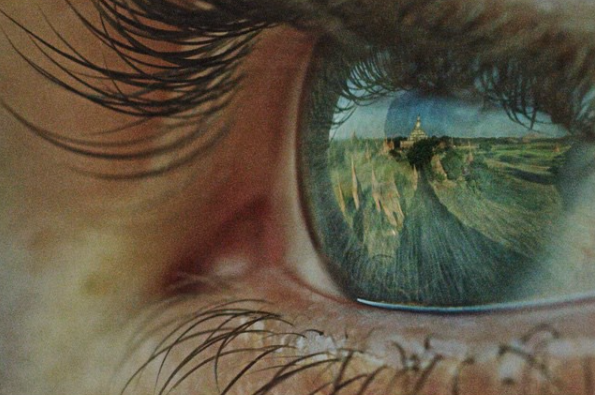

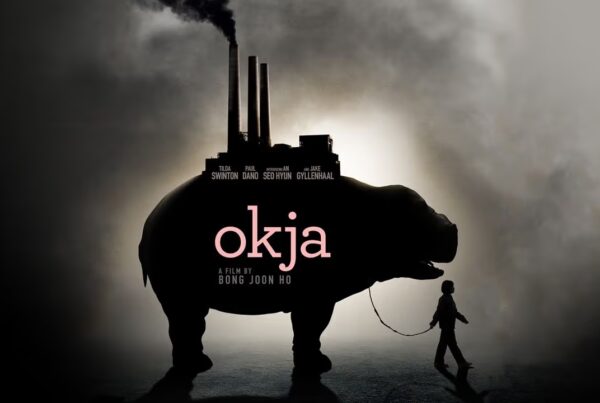
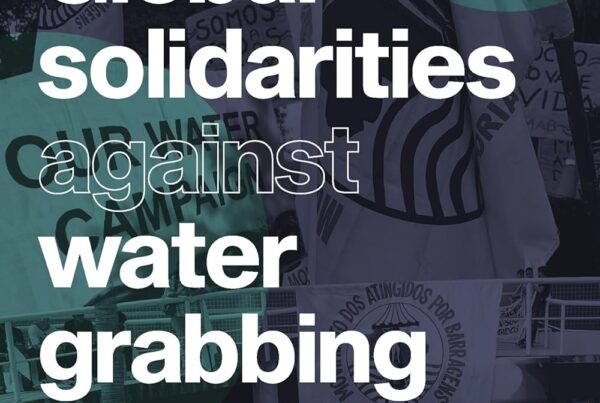
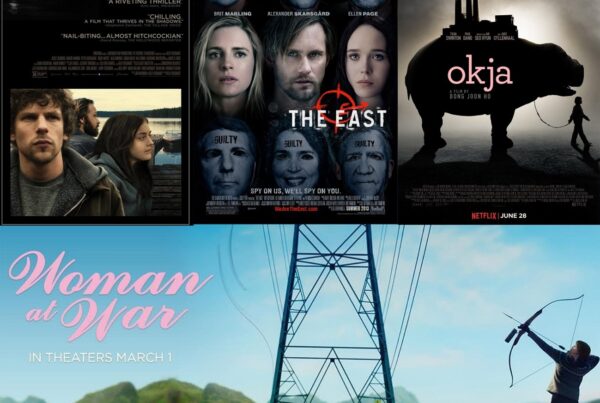
One Comment